Distilleries making hand sanitizer? How small businesses are pivoting due to the coronavirus
Food industry flip
New York-based wholesaler and distributor Baldor Specialty Foods has partially switched its business model to supplying consumers. It usually distributes fresh food, such as ready-prepared carrots and zucchini matchsticks to 10,000 customers including restaurants and schools, but has seen an 85% drop in food service sales in the past few days. On Wednesday, it started taking orders from individual consumers looking to feed their families.
Its minimum order quantity is $250 but it has items like pasta and eggs at the ready – goods that have been flying from grocery store shelves. But Ben Walker, its VP of sales and marketing told CNBC that this isn’t a long-term strategy. “There is no making money right now. It’s redefining our role to keep the food supply running – from farmer to consumer. Make no mistake – we are in just as dire a situation as other companies right now struggling to make ends meet. Our industry is vital to survival,” he said in an email.
In the U.K., restaurants are being inventive too. The Cauldron Restaurant, based in Bristol, has restyled itself “The Cauldron Dispensary,” and from Thursday evening it will sell takeout chilled ready meals, fruit and vegetables and provisions such cleaning products and toilet paper.
Alcohol switch
In the U.K., several gin distilleries have started making hand sanitizer gel. Psychopomp, a micro-distillery in Bristol, is making 100ml bottles and supplying people with them in return for a donation, according to a BBC report. Director Danny Walker also wants to supply it to hospitals.
West London-based business Pai Skincare has also switched to making hand sanitizer, announcing its first batch on Thursday. The product took two weeks to develop, rather than the usual 18 months, according to founder Sarah Brown.
Meanwhile, the Bimber Distillery in London has canceled its tours but is delivering whisky-tasting kits to customers and will run events online instead. “We’ll also be live steaming tours from the distillery so that people can still get a feel for how we produce our single malts and what we’re currently working on,” spokesperson Matt McKay told CNBC by email. It is also looking into the logistics of making hand sanitizer.
Condom sales
Sex-product maker Promescent has seen a 54% uplift in online sales of condoms since the outbreak became a pandemic last week and is set to give away 250,000 of the prophylactics, starting Thursday. CEO Jeff Abraham told CNBC he hopes the gesture will “reduce quarantine anxiety” as people stay at home.
New networking
Small business networking community Alignable.com, headquartered in Boston, has been monitoring how its 4.5 million members are feeling during the coronavirus crisis. Along with digital fitness classes and events going online, co-founder and President Venkat Krishnamurthy said he’s seen retailers and restaurants hiring out-of-work waiting staff to deliver food to consumers. Doula and Alignable.com member Karen Henshaw said that home births are becoming more popular as expectant mothers don’t want to risk having a baby in hospital.
Krishnamurthy is encouraging members to buy groceries locally, in a #ShopLocalOnline campaign, instead of going to large national retailers. “Part of this effort will also include promoting the purchase of gifts cards from retailers, salons and establishments that offer massages, to help them stay afloat,” he told CNBC by email.
Staying sober
Loosid, a small business and free app that helps people stay sober via in-person events and an online community, has seen a 42% increase in monthly active users since early March. Most of its money comes from ad revenue from treatment and telehealth centers and it now has 55,000 members. In response to people self-isolating, it has switched all of its “Boozeless Guides” to online events, allowing people to explore bars and restaurants that offer mocktails virtually. Founder MJ Gottlieb started the app after noticing a lack of alcohol-free places to socialize when he was trying to get sober and told CNBC that groups focusing on meditation and gratitude have grown exponentially over the past few days.
His advice to anyone struggling with staying sober during this time? “Use the phone and get connected with the people in your support network. Reach out to family and friends and ask how you can be of service. Service keeps you sober and will get you out of your head.”
Home-made facemasks
When Paris-based freelance haute couture seamstress Amandine Moreau stopped work due to restrictions in France, she needed another creative outlet. So, she started making facemasks for her local hospital from vacuum cleaner filter bags and covering them with scraps of fabric before sterilizing them. While some medical staff are using makeshift masks, sadly Moreau’s were rejected by her local hospital. In the U.S. the Centers for Disease Control and Prevention (CDC) advises that homemade masks be used “as a last resort.”

















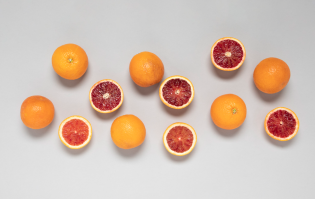
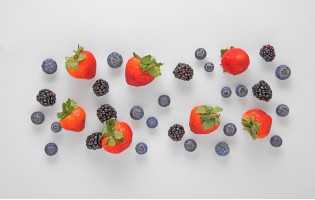
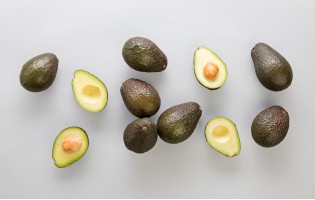




































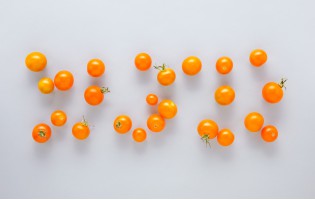































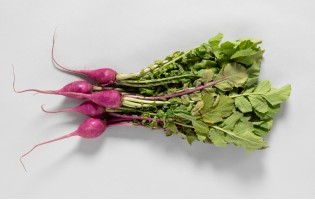
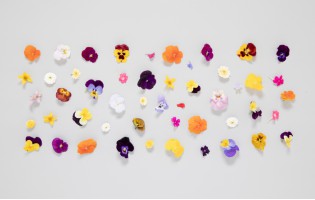



























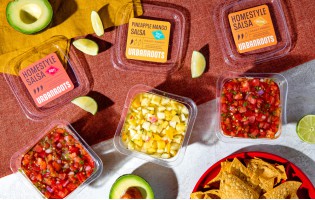
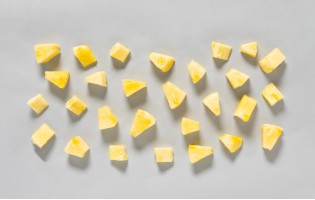












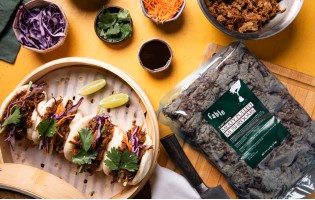

















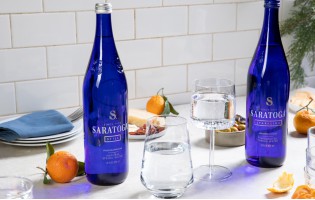
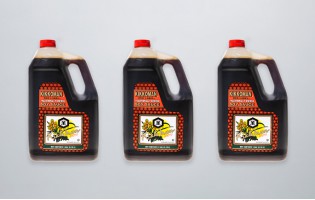







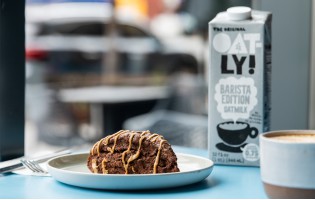


















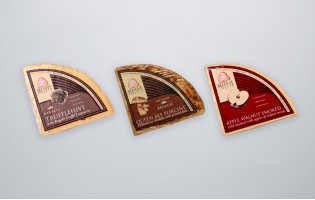
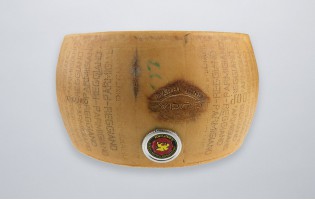
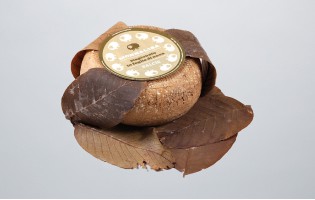









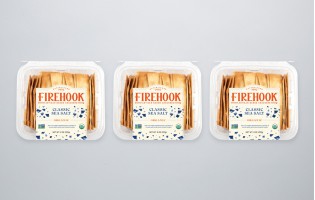
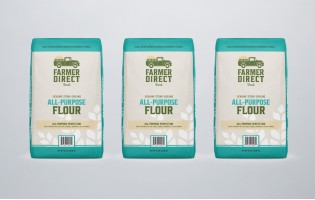

















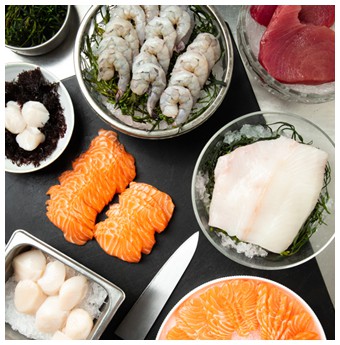
 Fruits
Fruits  Organics
Organics  Vegetables
Vegetables  Fresh Cuts
Fresh Cuts  Meat & Poultry
Meat & Poultry  Grocery
Grocery  Dairy
Dairy  Cheese
Cheese  Bakery
Bakery  Seafood
Seafood 